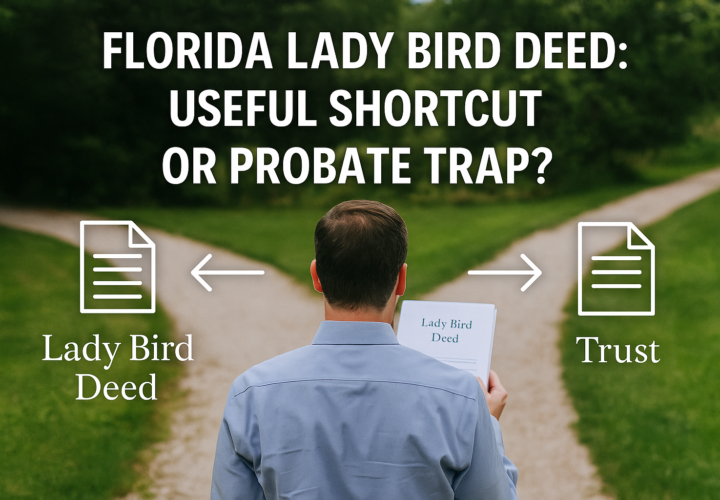Blended families, which often include stepchildren, half-siblings, and remarried spouses, can create unique challenges when it comes to estate planning in Florida. Ensuring that all family members are treated fairly and that your wishes are honored requires careful planning and clear communication.
Common Estate Planning Challenges for Blended Families in Florida
- Providing for Both Spouses and Children from Previous Marriages: One of the biggest concerns in blended families is how to provide for a current spouse while also ensuring that children from a previous marriage receive their inheritance. Without proper planning, Florida’s intestacy laws could lead to outcomes that don’t reflect your wishes.
- Unintended Disinheritance: If one spouse in a blended family dies without an updated estate plan, their children from a previous marriage may be unintentionally disinherited. This is especially true if assets pass directly to the surviving spouse, who then has control over how they are distributed.
- Unequal Distribution of Assets: In some blended families, parents may want to leave different amounts to different children based on factors such as age, need, or contribution to the family. However, unequal distributions can lead to family conflict and resentment if not communicated clearly in the estate plan.
Strategies for Estate Planning in Blended Families
- Use of Trusts: Trusts can be an effective tool for ensuring that both a surviving spouse and children from a previous marriage are provided for. A qualified terminable interest property (QTIP) trust is one option that allows you to provide income to your spouse for life, with the remainder going to your children after your spouse’s death.
- Prenuptial or Postnuptial Agreements: In Florida, many blended families use prenuptial or postnuptial agreements to clarify each spouse’s financial rights and obligations. These agreements can help avoid disputes over inheritance and ensure that each person’s wishes are respected.
- Life Insurance: Life insurance can be a helpful tool for providing for both a surviving spouse and children from a previous marriage. You can name specific beneficiaries on a life insurance policy, ensuring that each family member receives a designated portion of your estate.
- Clear Beneficiary Designations: It’s essential to update the beneficiary designations on life insurance policies, retirement accounts, and other financial assets to ensure that they align with your overall estate plan. In Florida, these assets pass outside of probate, so they should be carefully coordinated with the rest of your plan.
- Open Communication: One of the best ways to avoid conflict in a blended family is to communicate openly about your estate plan. While these conversations can be difficult, discussing your wishes with both your spouse and children can help prevent misunderstandings and ensure that everyone knows what to expect.
Working with an Experienced Estate Planning Attorney
Blended family dynamics can complicate estate planning, but with careful thought and professional guidance, you can create a plan that honors your wishes and provides for your loved ones. An experienced Florida estate planning attorney can help you navigate these complexities and ensure that your estate is distributed according to your wishes.



